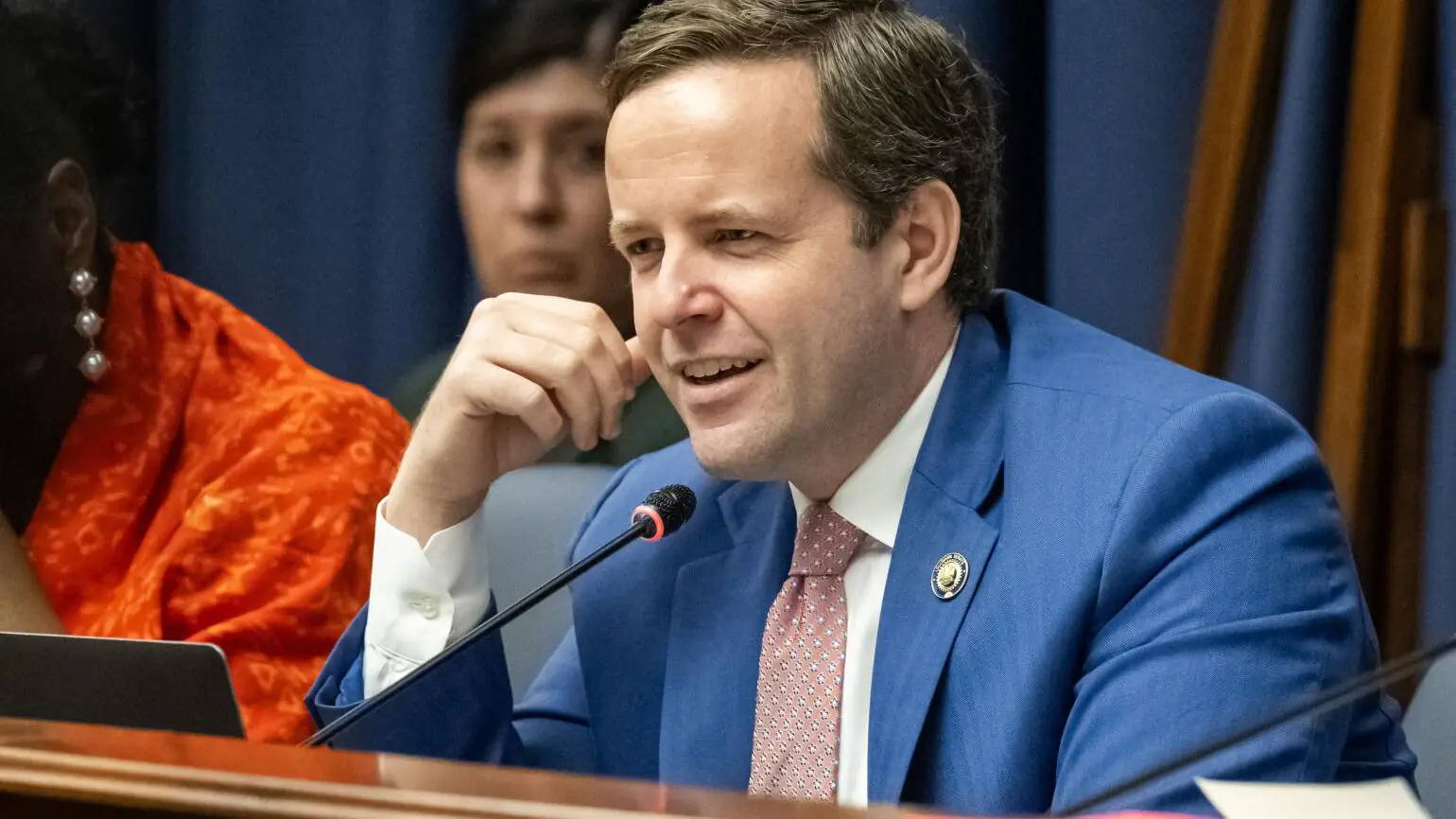Louisiana Bill Would Remove Ban on Gambling Contributions To Political Campaigns

Louisiana has enforced strict regulations barring casinos and their personnel from making political contributions for the past three decades. Instituted in 1996 amidst concerns of corruption surrounding the state’s gambling expansion, these rules aimed to shield legislative processes from undue influence and maintain public trust.
However, the prohibition faced a recent challenge on Monday when Senator Thomas Pressly introduced an unnoticed amendment to House Bill 906, as reported by The Times-Picayune.
Senator Pressly, representing Penn Entertainment, a major player in Louisiana’s gambling sector, argued that the ban on corporate political contributions by casinos is unconstitutional in light of the 2010 Citizens United decision.
This landmark Supreme Court ruling removed restrictions on corporate campaign spending, prompting Pressly to advocate aligning Louisiana’s laws accordingly.
The amendment’s insertion into HB 906 stirred significant controversy during its passage through the Senate Finance Committee.
Ronnie Jones, former chair of the Louisiana Gaming Control Board, vehemently opposed lifting the ban. He cited Louisiana’s history marred by gambling-related corruption scandals and emphasized ongoing efforts to rebuild the industry’s credibility.
Jones contended that allowing casino-linked political contributions could erode public confidence in gaming oversight.
Despite objections from legislators like Representative Mark Wright, sponsor of HB 906, who was unaware of the amendment’s specifics until the committee session, the amendment narrowly passed the Senate Finance Committee in a 5-4 vote.
Senator Jeremy Stine cast the deciding vote in favor, highlighting the amendment’s contentious nature within legislative circles.
Critics of the amendment, such as former Lieutenant Governor Jay Dardenne, argued that any modification to the longstanding ban should be subject to transparent legislative deliberation through separate legislation.
Dardenne emphasized the importance of public and legislative scrutiny in decisions affecting political ethics and regulatory integrity.
Conversely, proponents of lifting the ban, including Penn Entertainment, contended that it promotes fairness within the industry.
Jeff Morris, Penn’s vice president for public affairs and government relations, underscored the economic contributions of the gambling sector to Louisiana, including job creation and tax revenue. He stressed that allowing casino contributions aligns with existing permissions granted to other gaming stakeholders like video poker operators and lottery suppliers.
Michael Pollock, a former consultant and official with New Jersey’s gambling regulatory body, supported maintaining the contribution ban. Pollock argued that preserving the separation between political contributions and gaming interests is crucial to prevent perceptions of undue influence.
He highlighted the ban’s role in upholding public confidence in regulatory oversight, a sentiment echoed by others wary of potential conflicts of interest.
- Other news categories:
- SlotsUp's news





